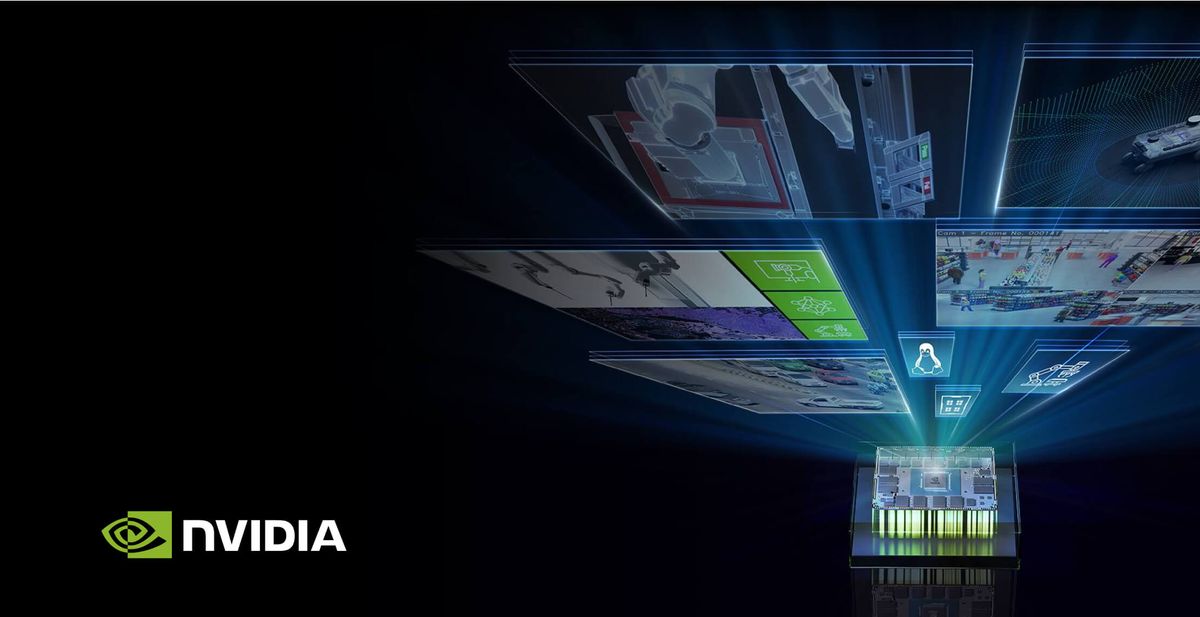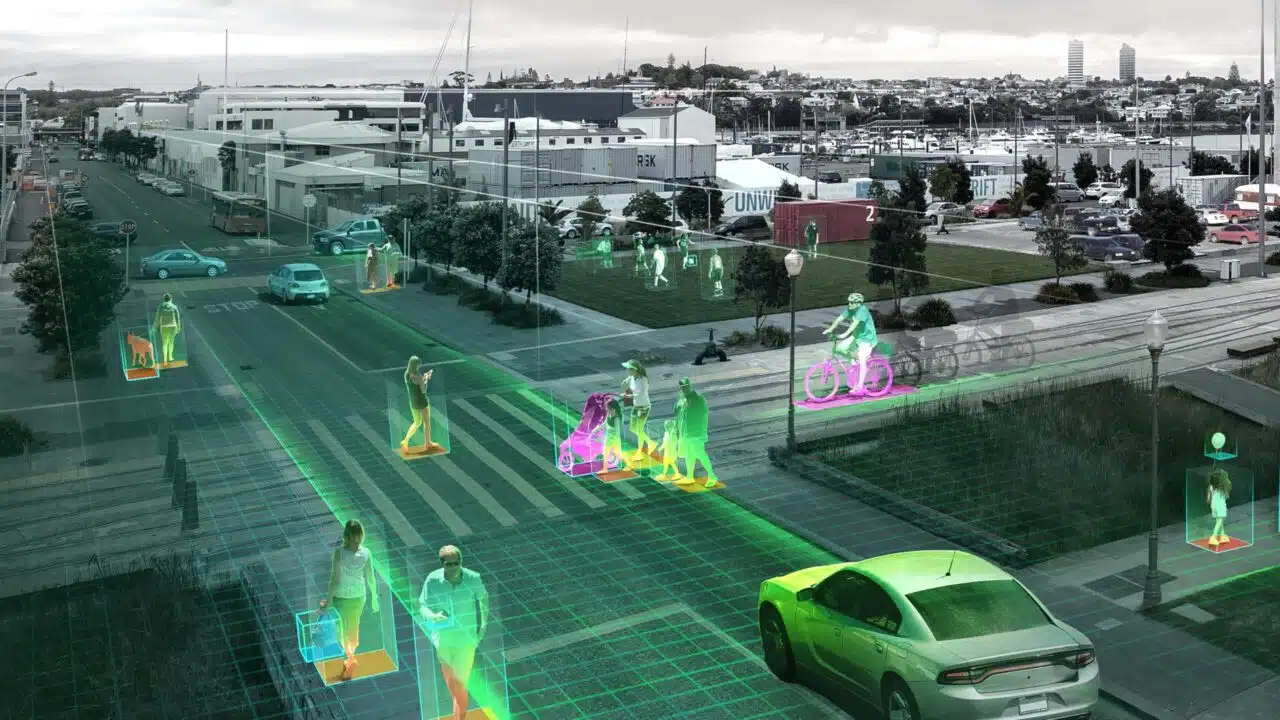
In response to the increasing influence of generative AI, NVIDIA has announced expansions to its Isaac and Metropolis frameworks, aiming to accelerate the development and deployment of AI in robotics, manufacturing, and other industrial applications. The updates leverage generative AI models and APIs to simplify and streamline edge AI development.
The announcement represents NVIDIA's largest-ever software expansion of their Isaac and Metropolis frameworks on the Jetson platform for edge AI and robotics. Isaac provides tools for developing robotics solutions using NVIDIA's GPUs and the Jetson edge computing platform. Metropolis offers APIs and microservices to build vision AI into industrial IoT applications.
Generative AI's ability to offer zero-shot learning — equipping models to recognize things that were not previously seen during training — is being recognized as a game-changer for the domain. Its incorporation of a natural language interface streamlines AI's development, management, and deployment at the edge, simplifying traditionally tedious tasks.
NVIDIA is now integrating generative AI capabilities into both frameworks. This includes access to models like vision transformers and visual language models that can understand natural language prompts to reprogram themselves. NVIDIA claims this will help edge AI solutions generalize better and be more flexible and accurate than with traditional deep learning approaches.
NVIDIA has also launched the Jetson Generative AI Lab to provide resources to help developers more quickly build and deploy AI applications at the edge with the latest open-source generative AI models.
Further enhancing the developer experience, NVIDIA's TAO Toolkit offers a user-friendly interface, enabling fine-tuning of vision AI models. With its expansive capabilities, including a new transformer-based model for defect inspection, the toolkit significantly simplifies the AI model creation process.

More than 1,000 companies currently leverage NVIDIA's Metropolis developer tools, including BMW, John Deere and Siemens. To assist developers in rapidly creating and deploying scalable vision AI applications, NVIDIA plans to release an expanded collection of Metropolis APIs and microservices on the Jetson platform before the end of the year.
NVIDIA also highlighted updates to Isaac ROS, its open-source robotics software based on the Robot Operating System (ROS) framework. With the latest Isaac ROS 2.0 release now production-ready, developers can leverage GPU-powered capabilities like visual odometry, 3D mapping, and motion planning to build high-performance robots tailored to real-world applications.
Isaac ROS brings advanced perception to robotics by giving autonomous systems the visual and spatial awareness needed to navigate complex environments. Its integration of ROS 2 provides access to an active community and ecosystem of robotics tools.
Looking forward, NVIDIA has exciting plans on the horizon, from system services designed to simplify the AI development process to the forthcoming NVIDIA JetPack 6. This release aims to expedite development timelines, emancipating developers from Jetson Linux dependencies.
As the Jetson platform continues to thrive, with a myriad of support ranging from AI software to developer tools, NVIDIA's latest release is poised to further amplify their impact. NVIDIA's existing Metropolis and Isaac user base gives it a built-in advantage for real-world testing and refinement of these models at the edge. If generative AI delivers on its promise, NVIDIA's head start could pay dividends across multiple industries.

